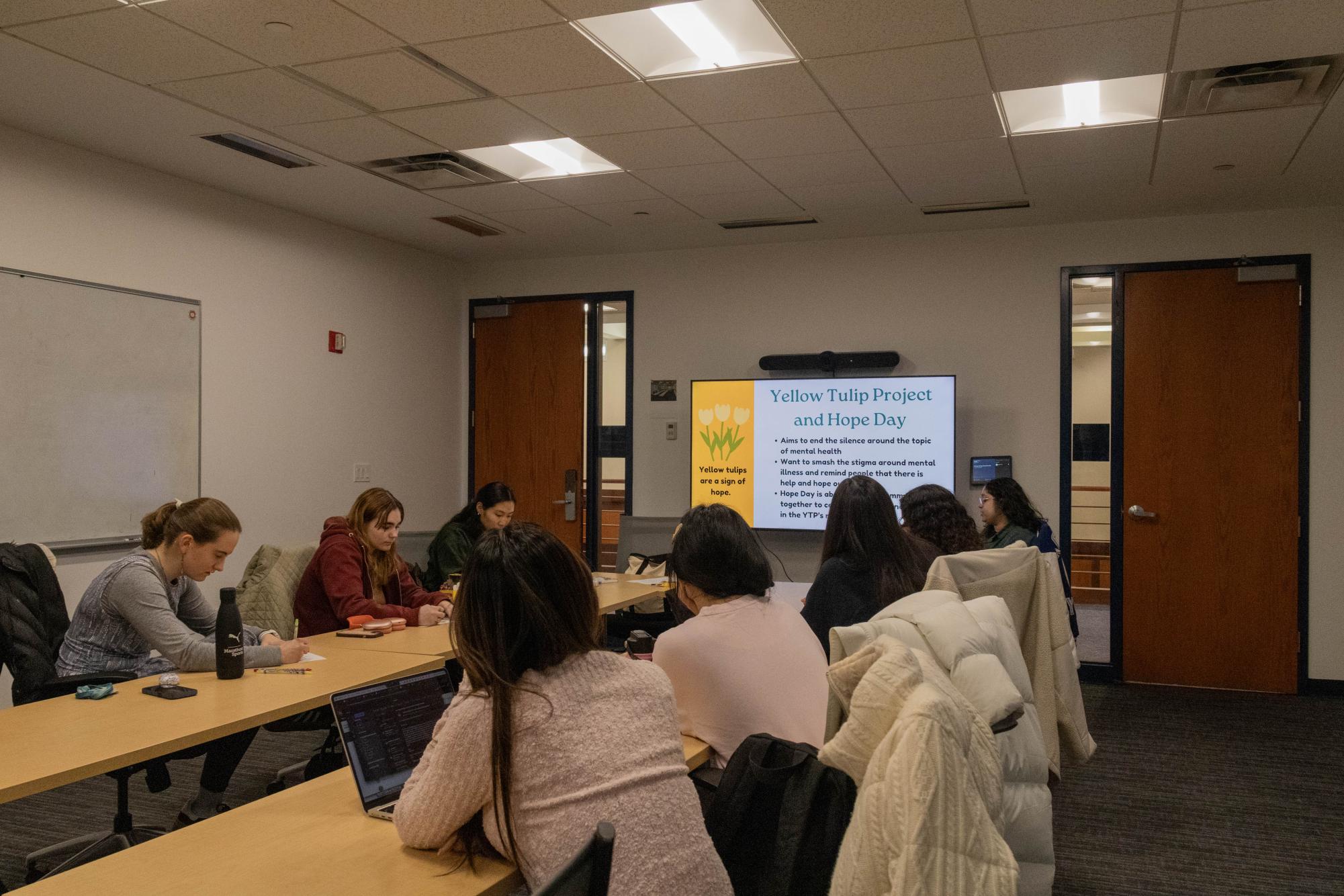Breathing Crisis: Global Experts Mobilize to Combat Deadly Air Pollution
Health
2025-03-28 08:34:28Content

A Landmark Global Summit: Tackling Air Pollution's Health Crisis
In a groundbreaking initiative, the Second Global Conference on Air Pollution and Health is set to convene from March 25-27, bringing together world leaders, health experts, and environmental advocates with an ambitious goal: dramatically reducing the devastating health impacts of air pollution.
Spearheaded by the World Health Organization and the Government of Colombia, and supported by the Government of Spain and key UN agencies including UNEP, WMO, and the World Bank, the conference will challenge nations to make bold, voluntary commitments. The primary objective is clear and compelling: achieve a 50% reduction in air pollution's health consequences by 2040.
This international gathering represents a critical moment in global public health, recognizing air pollution as a silent yet pervasive threat to human well-being. By mobilizing global cooperation and inspiring concrete action, the conference aims to transform environmental challenges into opportunities for healthier, more sustainable communities worldwide.
Participants will explore innovative strategies, share cutting-edge research, and forge collaborative pathways to mitigate the profound health risks associated with poor air quality, ultimately protecting millions of lives across the globe.
Global Health Summit: Breathing Life into Clean Air Strategies
In an unprecedented global initiative, world leaders and health experts are converging to address one of the most critical environmental challenges of our time: air pollution's devastating impact on human health. This landmark conference represents a pivotal moment in international cooperation, signaling a collective commitment to transforming environmental policy and protecting human well-being.Urgent Action Needed: Combating the Silent Killer of Global Public Health
The Global Health Crisis: Understanding Air Pollution's Devastating Impact
Air pollution has emerged as a silent pandemic, silently eroding human health across continents. Recent scientific research reveals a stark reality: millions of lives are cut short annually due to contaminated air. Respiratory diseases, cardiovascular complications, and long-term health deterioration are becoming increasingly prevalent in urban and industrial regions worldwide. The intricate web of pollutants—ranging from industrial emissions to vehicular exhaust—creates a complex environmental challenge that demands comprehensive, multifaceted solutions. Emerging technologies and innovative policy frameworks are critical in mitigating these environmental risks and protecting vulnerable populations.International Collaboration: A Unified Approach to Environmental Transformation
The upcoming conference represents an extraordinary convergence of global stakeholders, including health organizations, governmental representatives, and environmental experts. By fostering collaborative strategies, participants aim to develop robust mechanisms for reducing air pollution's health consequences. Unprecedented diplomatic efforts are underway to create binding commitments and voluntary pledges that will drive meaningful change. The involvement of multiple United Nations agencies underscores the critical nature of this global initiative, highlighting the interconnected nature of environmental health and human survival.Technological Innovations and Policy Frameworks: Pathways to Cleaner Air
Cutting-edge research and technological innovations are providing promising solutions to mitigate air pollution. Advanced filtration systems, renewable energy technologies, and smart urban planning strategies are emerging as powerful tools in the fight against environmental degradation. Governments and private sector entities are increasingly recognizing the economic benefits of investing in clean air technologies. By implementing progressive policies and supporting research and development, nations can simultaneously address environmental challenges and stimulate economic growth.Health Implications: The Human Cost of Environmental Negligence
The health ramifications of prolonged exposure to air pollution are profound and far-reaching. Children, elderly populations, and individuals with pre-existing health conditions are particularly vulnerable to these environmental hazards. Medical professionals are advocating for comprehensive public health strategies that integrate environmental protection with healthcare interventions. By understanding the intricate connections between air quality and human health, societies can develop more holistic approaches to wellness and prevention.Economic and Social Dimensions of Clean Air Initiatives
Beyond health considerations, clean air initiatives present significant economic opportunities. Investments in sustainable technologies, green infrastructure, and environmental rehabilitation can generate substantial employment opportunities and drive innovative economic models. Social equity becomes a crucial consideration, as marginalized communities often bear the brunt of environmental degradation. By prioritizing inclusive environmental policies, nations can address systemic inequalities and promote more balanced, sustainable development.Future Outlook: A Commitment to Transformative Change
The upcoming conference represents more than a diplomatic gathering—it symbolizes humanity's collective commitment to creating a healthier, more sustainable future. By setting ambitious targets and fostering genuine collaboration, global leaders have an unprecedented opportunity to redefine our relationship with the environment. As nations unite under a shared vision of environmental stewardship, the potential for meaningful, lasting change becomes increasingly tangible. The journey towards cleaner air and improved global health has begun, with hope and determination lighting the way forward.RELATED NEWS
Health

From Big D to Big Impact: How One Innovator Is Revolutionizing Healthcare Access
2025-04-05 03:50:35
Health

Feline Alarm: Bird Flu Spreads Among New Jersey Cats, Health Experts Warn
2025-03-07 21:22:46
Health

Culinary Controversy: Michelin Chef's Sushi Haven Busted for Permit Violation
2025-03-17 23:25:00





